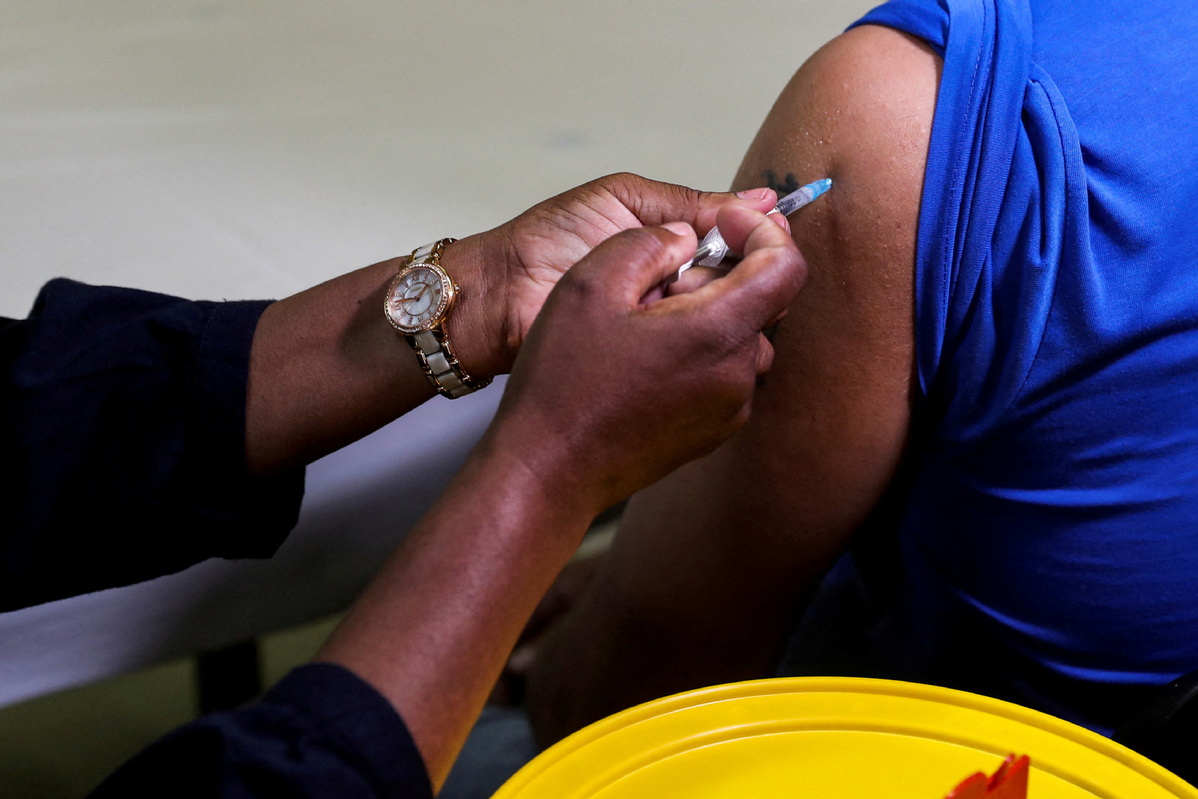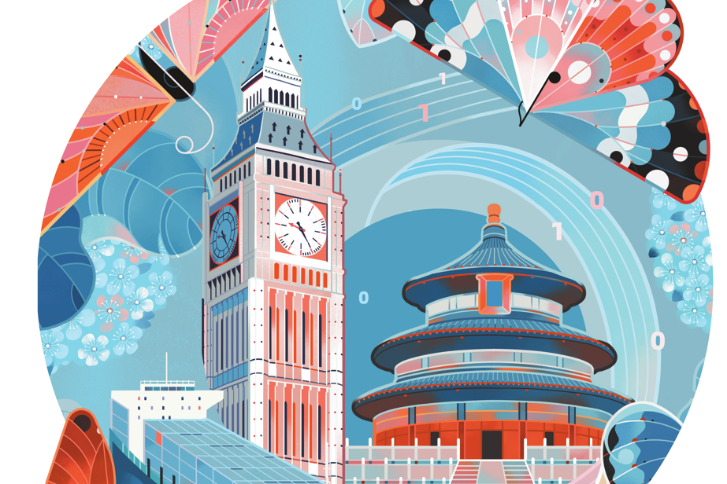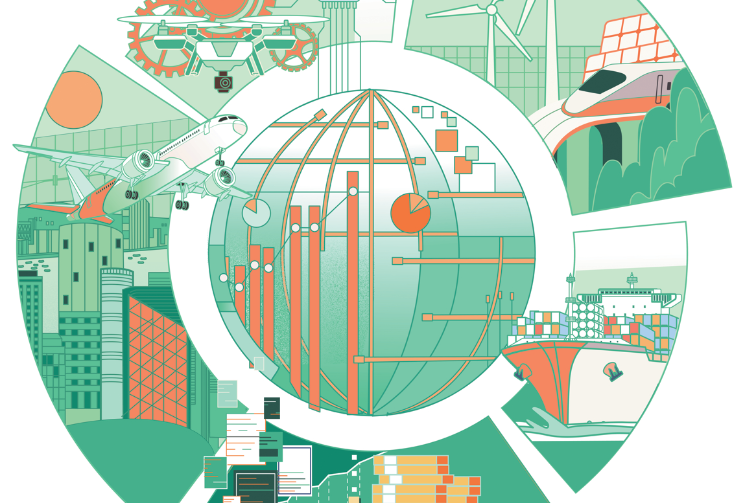Richer countries need to chip in to close vaccine inequity gap in Africa


Africa, the world's second largest continent, has long been subject to an array of sociopolitical challenges. In 2019, 234 million Africans were undernourished, according to World Vision. On top of hunger being a critical public health concern, domestic terrorism is gripping parts of the region, and democracy seems to be waning.
What further affects Africa's quest to rebound in a time of socioeconomic stress are disappointing vaccination rates since the onset of COVID-19. Two years into a global pandemic, and only 9 per cent of the total African population is fully vaccinated. This statistic is alarming, considering that Africa is a continent of nearly 1.4 billion, and constitutes over 17 per cent of the world's population.
Richer, more technologically advanced countries are ahead in the game of getting civilians fully vaccinated. However, Africa remains on the sidelines. A disappointing 2.4 per cent of the total 6.4 billion vaccines were distributed in Africa. The World Health Organization also failed to meet its target goal of getting 40 per cent of African countries vaccinated by the end of 2021.
This is not the first time that African countries have been targets of false, sugar-coated promises. Politically, the region has faced more misfortunes. The US government's primary drive to engage in Africa has been strictly on account of political reasons. In a post-World War II scenario, the United States increased cooperation with numerous African countries to prevent Soviet Union's influence in the region. In recent years, former president Donald Trump made efforts to undermine China's influence in Africa. Ironically, Trump referred to African countries disparagingly and expressed very little interest in the region during his four-year presidency. It is evident that the Trump administration saw China as a threat in Africa and decided to reach out to make amends.
Moreover, the United States' foreign direct investment in Africa also decreased by billions in 2019. Before Trump, President Barack Obama shifted his priorities elsewhere, leaving Africa in a limbo. He focused heavily on Asia and the Middle East during his two-term tenure, but failed to prioritize interests in Africa.
A more troubling example is that of the Mozambique crisis and how a terrorist attack of that nature killed 12 people. An incident like this received a surprisingly lukewarm response from the Biden government. Even France is perceived as a villain in Africa, which encouraged protests and buildup of pan-African sentiments to oppose the country’s rise.
Long before the pandemic hit, Africa was marred with a string of challenges, and it comes as no surprise that COVID-19 is another trial for African countries. Richer, well-off countries have the power and resources to manufacture vaccines and influence pharmaceutical companies, while poorer, more dependent African states have no means of exerting influence.
The pandemic has laid bare a number of socioeconomic inequities in the world, with Africa being hit the hardest. Even the new Omicron variant can be seen as a potential threat to the region's healthcare system.
Vaccine inequity in Africa is symbolic of clear-cut biasness toward select, privileged countries. This key observation should serve as a reminder of slavery. For the longest time, Africans were brushed on the side; they were deindividualized and stripped of their fundamental human rights. The current pandemic mirrors an oddly familiar, yet tragic reality for Africans.
The onus is on the World Health Organization to shift its priority toward underrepresented regions of the world; those that are trailing behind vaccinations. Richer countries have impressive vaccination rates, and should consider supporting African countries with free of charge vaccines. China is already ahead in the game, confirming a supply of one billion vaccine doses to Africa. Beijing is playing its part to bridge vaccination gaps and fight the good fight.
When it comes to a public health crisis, powerful countries with resources and means should come forward and help those suffering. It is high time that the global community chips in to counterbalance vaccine inequity in Africa before the pandemic pushes the region to the brink of collapse.
Haider Rifaat is a features writer for OK! Pakistan, the international edition of OK! Magazine. He is also a writer for the Parisian media outlet Arabian Moda and a contributing writer for the Montreal-based Flanelle Magazine. Haider is currently pursuing his Master's degree in Communication from the University of Hawaii at Manoa.


































